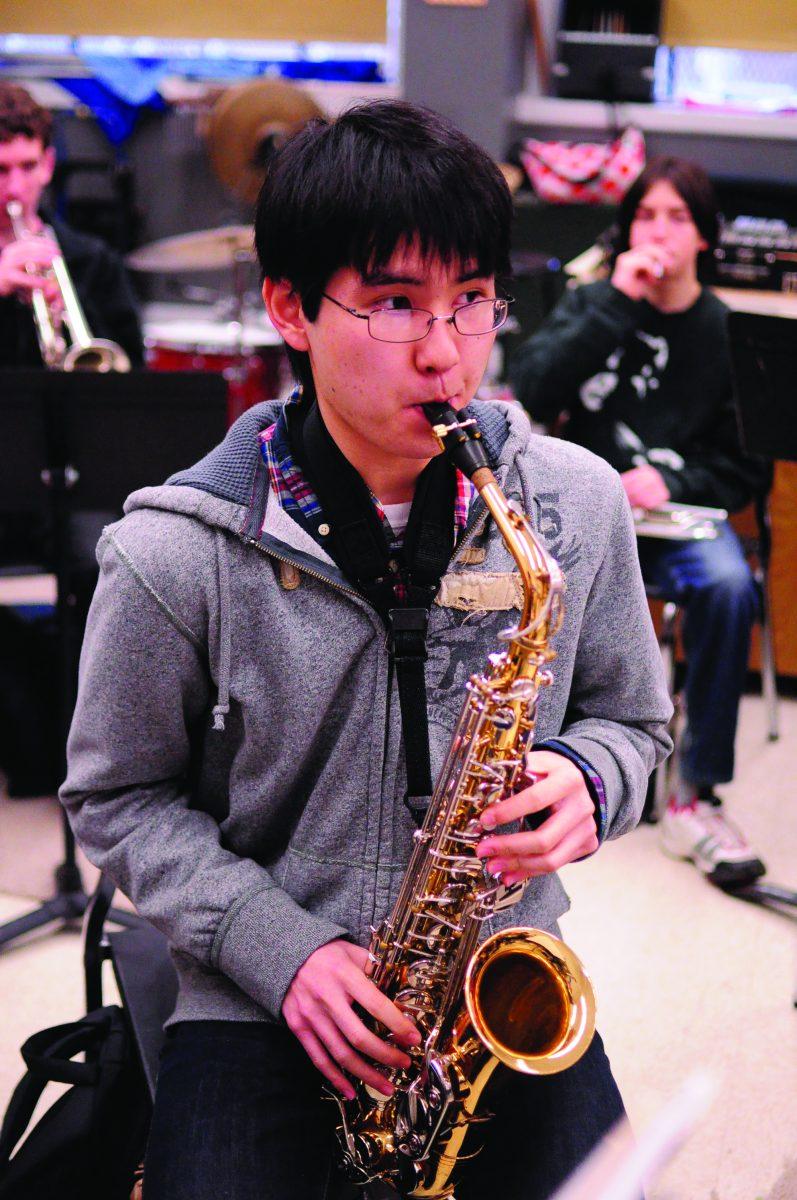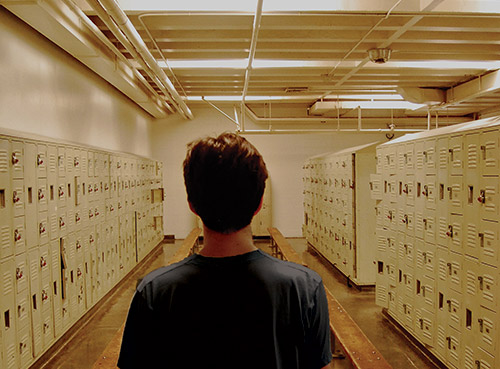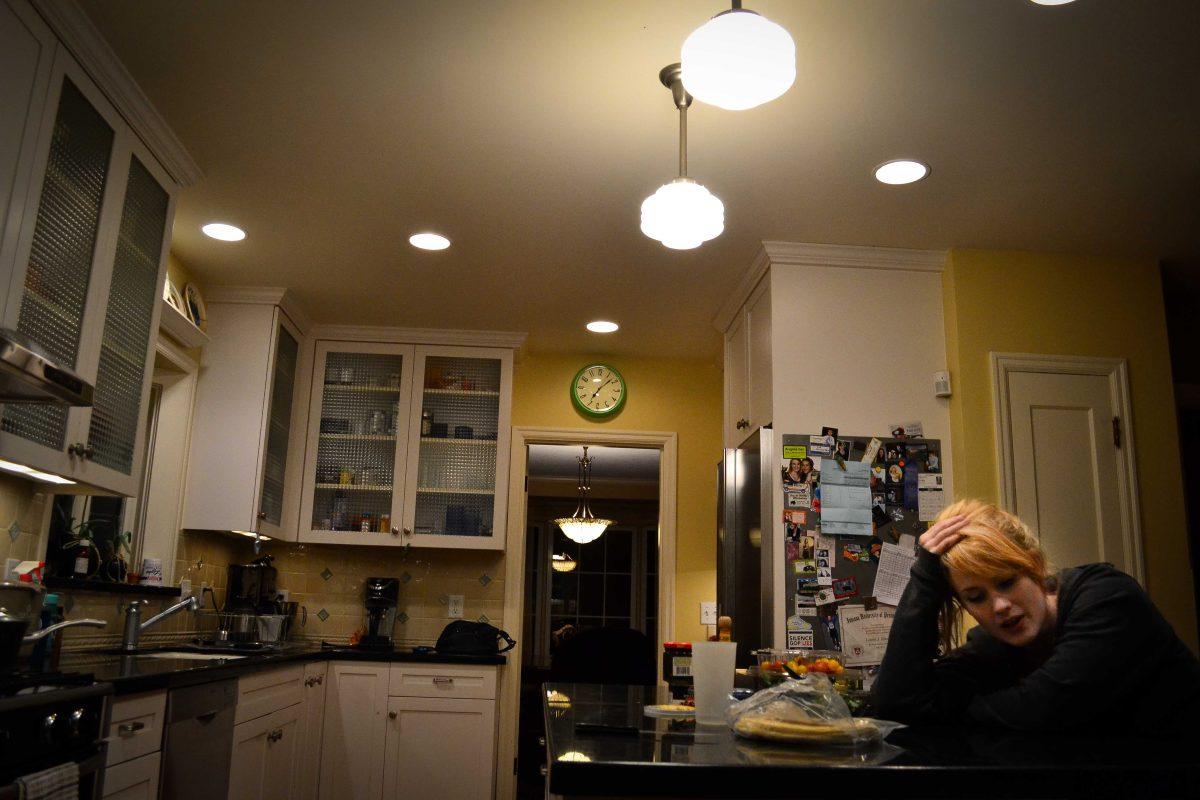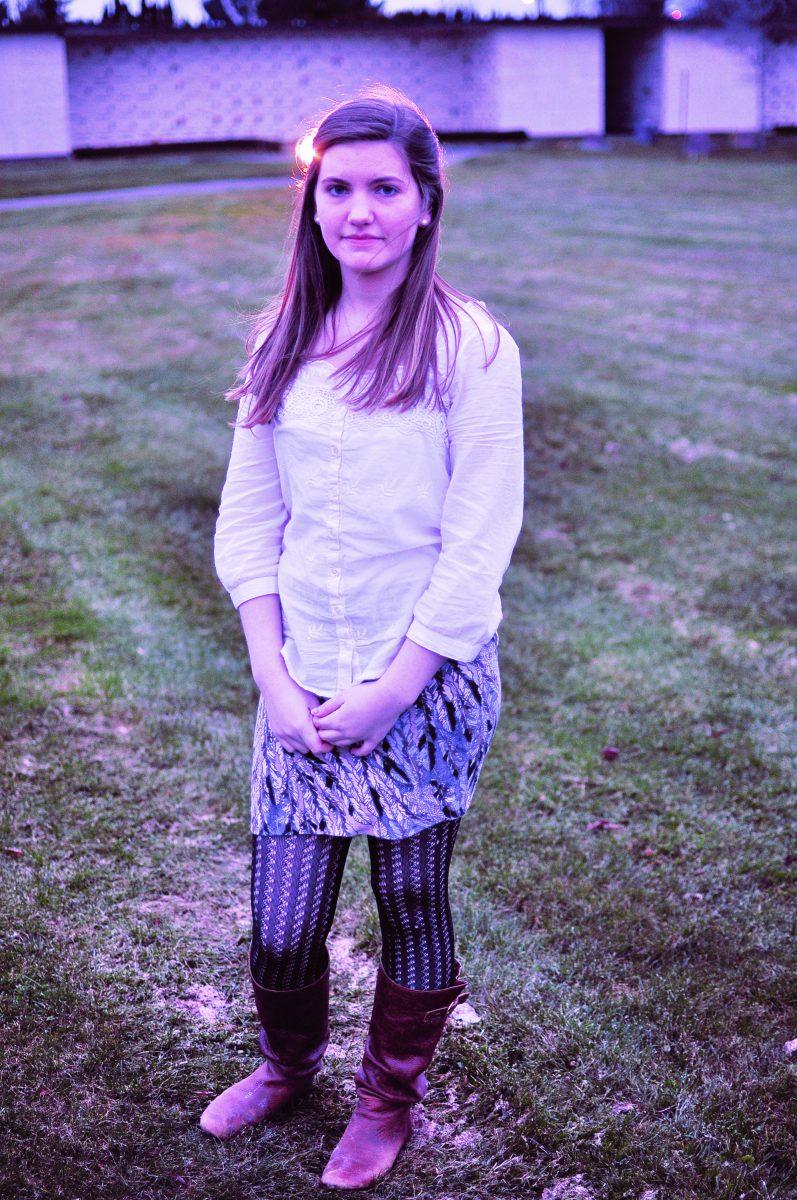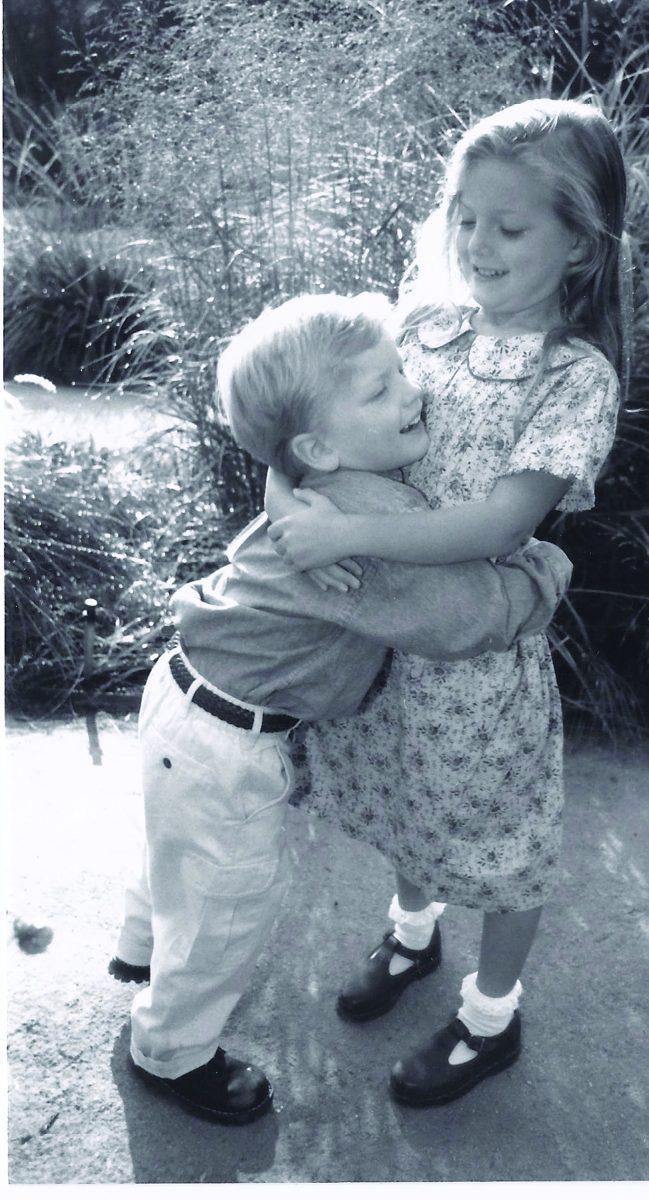A year ago, Kenneth Fukumoto took a deep breath, drank some water and – clutching his old school-issued saxophone – walked onstage with the Vancouver Symphony Orchestra at his back.
About 2,000 expectant faces waited for the then-16-year-old Grant High School student to begin playing the Glazunov Concerto in E flat. His nervousness dissolved after the first few notes. He could only focus on showing everyone how beautiful the saxophone can be. 15 minutes later, Fukumoto’s final notes were met with applause and a standing ovation.
“Saxophone has been a lifelong passion for me and it’s really inspired me to do well in all areas of my life,” says Fukumoto, a junior who is one of the most promising young musicians in Portland. “It’s been a joy since the day I started.”
By seventh grade, he was the first chair saxophone for the Metropolitan Youth Symphony, the most prestigious youth orchestra in Oregon. In ninth grade, Fukumoto captured second in Oregon for his instrument at the All-State competition. A year later, he won top honors at the Vancouver Symphony’s Young Artist Competition.
Now, Fukumoto is one of seven finalists in the North American Saxophone Alliance’s Young Artist Competition and he’ll be traveling to Arizona in April for the final stage of the competition.
Keeping pace in the classical world is not easy. Under the guidance of instructor Philip Baldino, Fukumoto’s ascent has been driven – like many successful musicians – by his dedication. He practices three hours a day, seven days a week.
“Music taught me quickly that if I wanted to be good, I need to work through the struggles and the difficulties,” he says. “If I don’t get something right the first time, I force my brain through repetition to get it down. It has never failed.”
Baldino, who has taught hundreds of students in his 36 years in Portland, says he can count those who show Fukumoto’s promise on one hand. “Kenneth has always shown discipline and a sweet spirit,” Baldino says. “He has an uncommon ability to listen and take constructive criticism.”
These traits stem directly from his family’s background. The older child of Japanese immigrants, Fukumoto’s parents moved to the United States separately in the early 1990s, eager to leave the rigid social standards of their native country. Both barely knew English, but worked hard to find work immediately. His mother became an administrative assistant and his father found a place in the restaurant business working his way up to a chef position at Shigezo, a Japanese pub downtown.
With his parents at work, Fukumoto spent hours at Richmond Elementary’s after-school program building Legos. His intent to play music blossomed when he heard about the opportunity to join the school’s band program. “I just always loved music,” he says. “I think it was always a part of my life.”
Piano was a quick phase for Kenneth Fukumoto. His attempts at the clarinet were painful. It wasn’t until he found his sound in the pure clarity of the saxophone that the endless possibilities of music truly inspired him.
Fukumoto’s parents worked tirelessly to provide for the expenses of private lessons and orchestra show costs. They hadn’t come to America to let opportunity pass their son by.
“Music costs a lot but we find the money,” says his mom, Kominko Fukumoto. “There are many kids who struggle to find a goal or a passion. But my son is crazy about music. It’s his life and his dream.”
The sacrifices his family makes for his music just deepens his passion. “I always keep in mind that saxophone is a privilege,” he says. “If I don’t work my hardest, then it’s worth nothing. Some parents don’t necessarily like their kids to go into music, but mine respect it and work hard every day to support it.”
Currently the leader of the saxophone section in Grant’s Wind Ensemble, Fukumoto is supposed to help his bandmates if they fall behind or can’t master a difficult section.
“I’ve never had a conflict from Kenneth’s section, which means he is a really good leader,” school band director Nicholas Budge says. “He is one of those students who comes in during his free periods to work for hours on fundamentals. His goal is to master his instrument.”
To reach the next level, Fukumoto wants an instrument that can truly deliver the complexity of his sound. But the one he’s interested in costs around $5,000 which he hopes to raise on his own.
Next year, he will audition for scholarships to universities housing some of the nation’s best classical saxophone players, like Eugene Rousseau and Otis Murphy. With such guidance, Fukumoto dreams of becoming a professional or a music professor.
“Because we only live for so long, I have always wanted to live the best and to the fullest,” says Fukumoto.
Some day, Fukumoto plans to return to Japan and perform in the cities where his parents once lived. These dreams may be big, but music has taught Fukumoto that “if you want to achieve anything, succeed in anything, you just have to put in the time.”



























